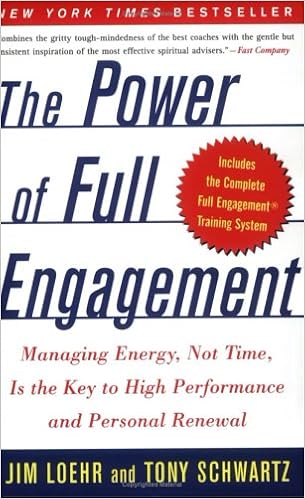It is jarring how often you can encounter people who, when considering important issues, have never argued the case from the perspective of the other side. Some of them pretend to do so but only assemble the weakest arguments as straw men that can be easily knocked down.
Recently I had a conversation with a very bright executive about a series of proposals he wanted to take to his colleagues. The purpose of his phone call was to listen as I argued the other side on some of the more sensitive issues. I don't think I brought up anything that he hadn't already sensed in general but there were some new perspectives that he might have otherwise missed.
The result was that his list of proposed actions was reduced by several items.
Always be prepared to argue the other side with the most powerful arguments possible. You don't prepare for boxing matches by fighting weak opponents.
It helps to remember von Moltke's observation that his staff would always show him the three things the enemy could do and his enemy would always show him a fourth.
















